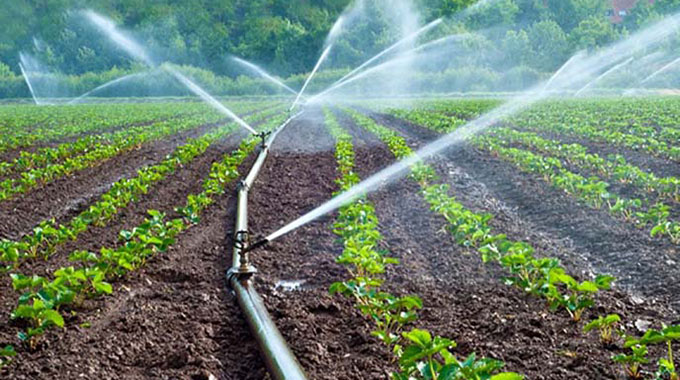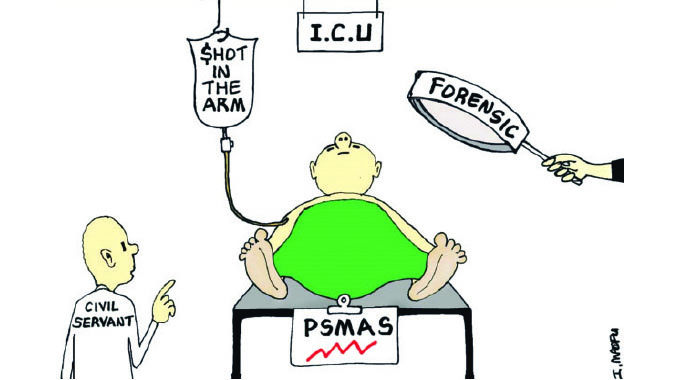1 500 families to benefit from new irrigation scheme

Freedom Mupanedemo-Midlands Bureau
THE Government has started rehabilitation works to extend the 52 hactare Mabwematema Irrigation Scheme to 642 hactares, a development that will improve food security in the drought prone Zvishavane communal areas.
The Second Republic has been on a programme to revamp the irrigation schemes to mitigate challenges faced by the changing climatic conditions in the agriculture sector.
Midlands Provincial Head Irrigation Department, Engineer Shingirirai Zano said the expansion of Mabwematema irrigation scheme will see over 1500 families benefiting.
“So far there is 52 hactares which is being utilised and we are revamping the irrigation scheme to up to 642 hactares. This will also reflect on the increase in the number of people to benefit to about 1500 families,” said Eng Zano.
He said the extension works was expected to be completed before year end.
“We were targeting to have completed the extension works in time for the winter crop,” he said.
Villagers under chief Mafala and Hwedza will benefit from the new government initiative.
Villagers said they were happy with the development.
“Its a noble initiative by government and we have been very supportive of this, providing manual labour in the rehabilitation works.
“We are very happy, this is a very important initiative which is set to improve on food security in the area. We are happy about the programme and have been assisting with manual labour,” said Mrs Roda Mapako.
Another villager, Mr Reason Mahove said the irrigation scheme will improve their income earnings.
“We will be able to farm and sell greens so it will improve our earnings thanks to this programme by our Government,” he said.
Irrigation schemes have transformed subsistence agriculture at household level into commercial agriculture as part of rural development and industrialisation in line with the country’s vision of creating an upper middle-income economy by 2030.









Comments